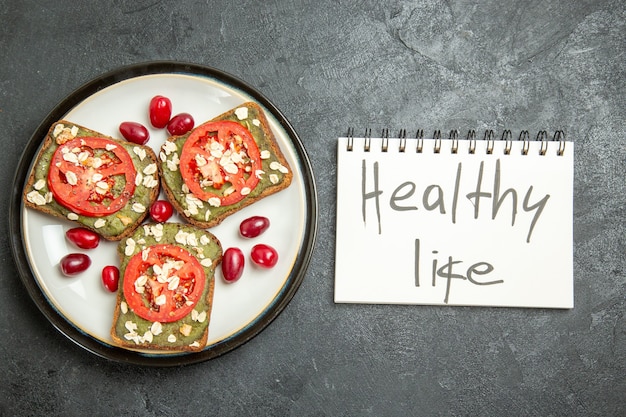
Today’s generation is becoming increasingly conscious about the benefits of eating healthy, with people of all ages, from children to seniors, adopting strict diets to maintain their health. This trend dates back to the early 20th century with the rise of organic food movements in Europe, which popularized whole grains and healthier eating habits.
While it may seem beneficial to cut certain foods from your diet to boost fitness, an extreme focus on healthy eating can actually be harmful. This brings us to the topic of orthorexia, a fixation on healthy eating.
Orthorexia Explained
Orthorexia is a term introduced by American physician Steven Bratman in 1997. It describes an eating disorder characterized by an overwhelming obsession with consuming only healthy foods, leading to the exclusion of several foods perceived as unhealthy. This obsession can have negative long-term effects on one’s health, as the sufferer becomes fixated on maintaining a healthy diet to the detriment of other aspects of life.
What Causes Orthorexia?
For those addicted to eating healthy, their happiness is tied to it. They don’t feel good enough if they indulge in even a small amount of unhealthy food, leading to a constant anxiety to eat healthily. It becomes the only way they believe they can achieve purity in life. Additionally, concerns about appearance and how others view them can drive this obsession, making healthy eating a core part of their lifestyle. They often feel down and depressed when unable to follow their strict eating plan.
Recognizing Orthorexia
Individuals with orthorexia exhibit certain behaviors that indicate this eating disorder. They avoid foods containing fats, sugar, salt, gluten, oil, and dairy, among others. Focusing solely on nutrient-rich foods sacrifices a balanced diet. A sense of guilt often follows consuming even small amounts of indulgent foods, leading them to meticulously plan future meals. Their lifestyle becomes increasingly dominated by the desire to eat healthily, and they often look down on those who eat fast food or junk food. They might avoid social situations to prevent eating anything unhealthy, which can degrade their relationships and self-esteem.
Impacts of Orthorexia
Those overly consumed by healthy eating may devalue relationships, feeling superior to those with more varied diets. This can lead to isolation from social gatherings, creating rifts with family and friends. Additionally, orthorexia sufferers miss out on vital nutrients like carbohydrates and fats, which are essential for energy production, leading to weight loss and malnutrition. This skewed belief in the absolute necessity of a healthy diet for a fulfilling life can even lead to severe disorders like anorexia, bulimia, or OCD if unchecked. These conditions are challenging to overcome once ingrained.
Addressing Orthorexia
Individuals with orthorexia should consider seeking help from health professionals, therapists, and psychologists. With the right guidance, they can move away from compulsive eating habits. It’s vital to maintain a balanced diet to nourish the body properly. Instead of avoiding certain foods entirely, those with orthorexia can start by incorporating moderately healthy options like nuts, seeds, and fish, which can gradually help overcome their obsession and refocus on other life aspects.
Today, more people are falling into the trap of orthorexia, yet the number of reported cases is low compared to the actual number of sufferers. It’s crucial to recognize and support friends, family, or peers dealing with this disorder. While eating a diet full of vitamins and minerals is essential for good health, it shouldn’t become an all-consuming obsession. Enjoy an occasional treat like a cake or pastry and embrace a balanced approach to a healthy lifestyle.
About the Author:
Jessica is a registered dietitian and wellness enthusiast based in Bristol, United Kingdom. A fitness advocate and yoga lover, she enjoys reading, researching, and writing about health. When she’s not reading, she’s transforming leftovers into creative dishes or savoring her favorite meals.